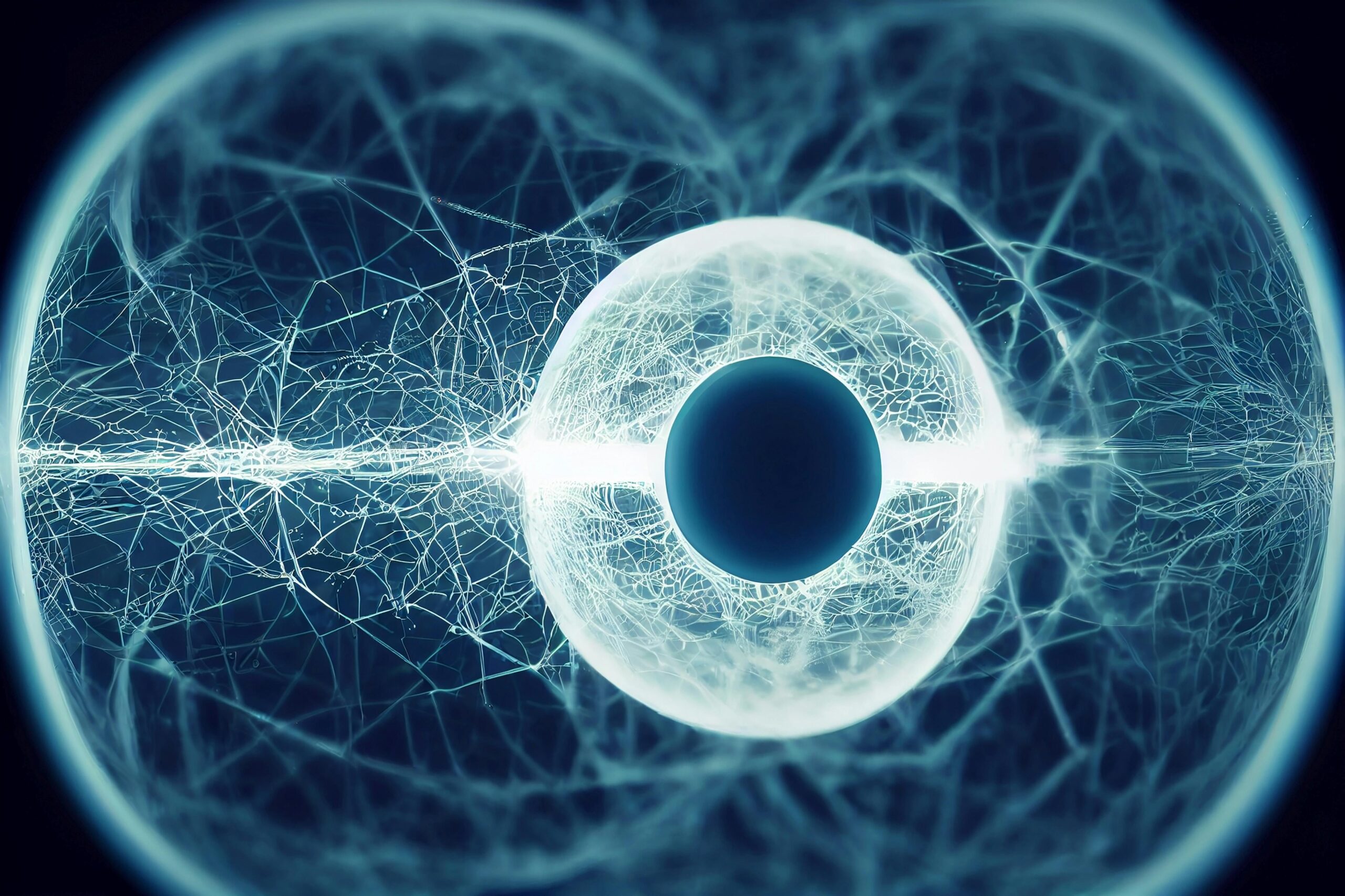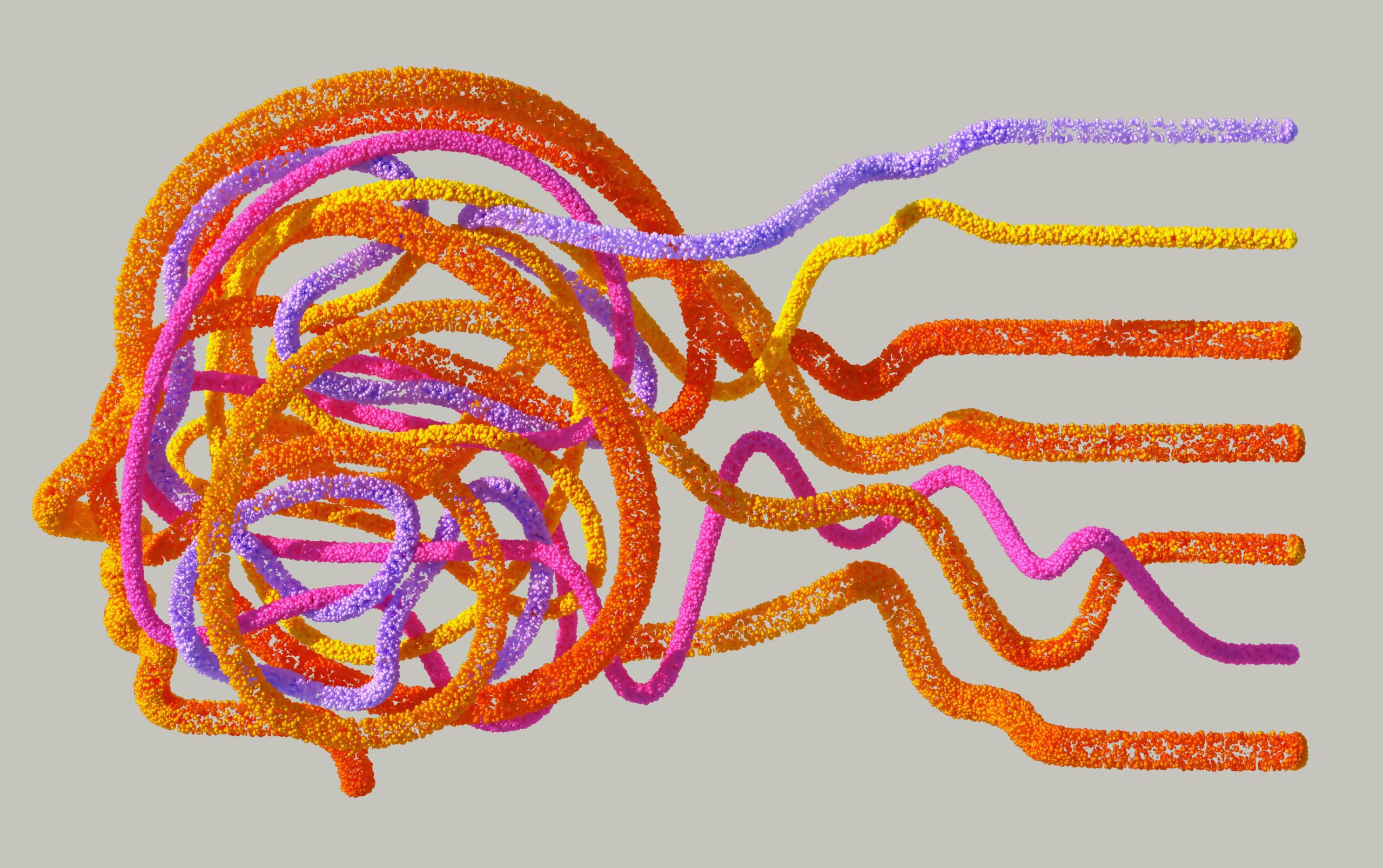The quest to optimize human performance has never been more accessible. Today, cutting-edge biohacking techniques combined with performance neuroscience offer revolutionary pathways to enhance cognitive abilities, physical endurance, and overall well-being.
We’re living in an era where the boundaries between biology and technology blur, creating unprecedented opportunities for self-improvement. By understanding how our brain and body systems interact, we can deliberately engineer better versions of ourselves through scientifically-backed interventions that were once reserved for elite athletes and high-performing executives.
🧠 Understanding the Intersection of Biohacking and Neuroscience
Biohacking represents a systematic approach to changing your body’s chemistry and physiology through science and self-experimentation. When combined with performance neuroscience—the study of brain function optimization—you gain powerful tools to unlock capabilities you never knew existed.
Performance neuroscience examines how neural networks process information, form memories, regulate emotions, and control physical movements. This knowledge allows us to identify specific interventions that enhance brain function. Meanwhile, biohacking provides the practical methodologies to implement these discoveries in daily life.
The synergy between these disciplines creates a comprehensive framework for human enhancement. You’re not just following generic health advice; you’re applying personalized strategies based on how your unique biology responds to specific stimuli.
The Science Behind Cognitive Enhancement 🔬
Your brain’s neuroplasticity—its ability to reorganize and form new neural connections—remains active throughout your entire life. This fundamental characteristic means you can literally rewire your brain for improved performance at any age.
Neuroscience research reveals that targeted interventions can enhance neurogenesis (the creation of new neurons), improve synaptic connectivity, and optimize neurotransmitter balance. These biological changes translate directly into measurable improvements in memory, focus, creativity, and problem-solving abilities.
Key Neurotransmitters for Peak Performance
Understanding the brain’s chemical messengers helps you make informed decisions about interventions. Dopamine drives motivation and reward-seeking behavior. Serotonin regulates mood and emotional stability. Norepinephrine controls alertness and attention. Acetylcholine facilitates learning and memory formation.
By identifying which neurotransmitter systems need support, you can select specific biohacking strategies that target your particular performance bottlenecks. This precision approach yields dramatically better results than generic interventions.
Practical Biohacking Techniques for Immediate Results ⚡
The beauty of modern biohacking lies in its accessibility. You don’t need expensive equipment or medical supervision to begin experiencing benefits. Many effective techniques can be implemented immediately with minimal investment.
Optimizing Your Sleep Architecture
Sleep represents the foundation of all performance optimization efforts. During sleep, your brain consolidates memories, clears metabolic waste, and repairs neural tissue. Poor sleep sabotages every other enhancement strategy you attempt.
Implement these evidence-based sleep biohacks: maintain consistent sleep-wake times even on weekends, reduce room temperature to 65-68°F, eliminate blue light exposure two hours before bed, and consider magnesium supplementation to improve sleep quality.
Advanced practitioners use sleep tracking technology to monitor sleep stages and identify patterns. Apps like Sleep Cycle or specialized wearables provide data-driven insights into your sleep architecture, allowing you to make targeted adjustments.
Nutritional Strategies for Brain Optimization
Your diet profoundly impacts cognitive function through multiple mechanisms. Certain foods provide precursors for neurotransmitter synthesis, while others reduce neuroinflammation or support mitochondrial energy production.
Ketogenic approaches have shown remarkable benefits for cognitive clarity and sustained energy. By training your body to efficiently burn fat for fuel, you eliminate the glucose rollercoaster that causes energy crashes and brain fog.
Omega-3 fatty acids, particularly DHA, form critical structural components of brain cell membranes. Wild-caught fatty fish, algae-based supplements, or high-quality fish oil provide these essential nutrients that most people consume in insufficient quantities.
Advanced Neuroscience-Based Training Protocols 🎯
Beyond basic biohacking, performance neuroscience offers sophisticated training protocols that enhance specific cognitive capabilities. These techniques leverage our understanding of brain function to create targeted improvements.
Neurofeedback and Brain Training
Neurofeedback allows you to observe your brain activity in real-time and learn to consciously modify it. This technique has demonstrated effectiveness for improving attention, reducing anxiety, and enhancing peak performance states.
Through repeated practice, you develop greater voluntary control over your brain wave patterns. Athletes use neurofeedback to cultivate the ideal mental state for competition. Executives employ it to enhance focus during high-stakes decision-making.
Transcranial Stimulation Techniques
Transcranial direct current stimulation (tDCS) and transcranial magnetic stimulation (TMS) represent cutting-edge approaches to brain enhancement. These non-invasive techniques modulate neural activity by applying weak electrical currents or magnetic fields to specific brain regions.
Research demonstrates that tDCS can accelerate learning, improve working memory, and enhance motor skill acquisition. While still emerging, these technologies are becoming increasingly accessible to serious biohackers.
Physical Performance Enhancement Through Neuroscience 💪
The connection between brain and body runs deeper than most people realize. Your nervous system controls every muscular contraction, coordinates movement patterns, and determines your strength, speed, and endurance limits.
Neural Adaptation and Strength Training
Initial strength gains from resistance training come primarily from neural adaptations rather than muscle growth. Your brain learns to recruit more motor units simultaneously and coordinate muscle contractions more efficiently.
Understanding this principle allows you to optimize training protocols for rapid strength development. High-intensity, low-volume training with perfect technique maximizes neural adaptations while minimizing fatigue and injury risk.
Movement Quality and Motor Learning
Superior athletic performance requires exquisite movement patterns encoded in your nervous system through deliberate practice. Neuroscience reveals that motor learning follows specific principles that you can leverage for accelerated skill development.
Focus on movement quality over quantity. Practice with full attention rather than mindless repetition. Use varied practice conditions to develop robust motor programs. These neuroscience-informed approaches dramatically accelerate skill acquisition.
Stress Management and Nervous System Regulation 🧘
Chronic stress represents one of the most significant obstacles to optimal performance. Elevated cortisol impairs memory formation, reduces neuroplasticity, suppresses immune function, and accelerates aging processes throughout your body.
Effective stress management requires understanding your autonomic nervous system—the automatic control system regulating heart rate, digestion, respiratory rate, and other unconscious functions.
Heart Rate Variability Training
Heart rate variability (HRV) measures the variation in time between heartbeats and serves as a window into nervous system function. Higher HRV indicates greater adaptive capacity and resilience to stress.
You can deliberately train HRV through breathing exercises, meditation, and lifestyle modifications. Tracking HRV provides objective feedback about your stress levels and recovery status, allowing you to make data-driven decisions about training intensity and rest needs.
Meditation and Mindfulness Practices
Neuroscience research has extensively documented meditation’s effects on brain structure and function. Regular practice increases gray matter density in regions associated with attention, emotional regulation, and self-awareness.
You don’t need hours of daily practice to experience benefits. Even brief meditation sessions produce measurable improvements in focus, stress resilience, and cognitive flexibility. Consistency matters more than duration.
Supplementation Strategies Backed by Neuroscience 💊
Strategic supplementation can address nutritional deficiencies and provide compounds that enhance brain function. However, supplements should complement—not replace—fundamental lifestyle practices like quality sleep, proper nutrition, and regular exercise.
Nootropics for Cognitive Enhancement
Nootropics are substances that enhance cognitive function. Some work by increasing cerebral blood flow, others by supporting neurotransmitter synthesis, and still others by protecting neurons from oxidative damage.
- Caffeine combined with L-theanine provides smooth, sustained focus without jitters
- Creatine supports cellular energy production, benefiting both physical and cognitive performance
- Bacopa monnieri enhances memory formation through multiple mechanisms
- Lion’s mane mushroom promotes nerve growth factor production, supporting neuroplasticity
- Rhodiola rosea acts as an adaptogen, improving stress resilience and mental stamina
Quality matters tremendously with supplementation. Third-party testing, transparent sourcing, and proper dosing separate effective products from ineffective or potentially harmful ones.
Environmental Optimization for Peak Performance 🌟
Your environment profoundly influences your cognitive and physical performance. Small modifications to your surroundings can yield substantial improvements in productivity, creativity, and well-being.
Light Exposure and Circadian Optimization
Light serves as the most powerful regulator of your circadian rhythm—the internal 24-hour clock controlling sleep-wake cycles, hormone release, body temperature, and numerous other physiological processes.
Expose yourself to bright light, preferably natural sunlight, within the first hour of waking. This anchors your circadian rhythm and promotes alertness throughout the day. Conversely, minimize blue light exposure after sunset to support natural melatonin production.
Temperature Exposure for Resilience
Deliberate cold and heat exposure provide powerful biohacking tools. Cold exposure through cold showers or ice baths increases norepinephrine, improves mood, enhances immune function, and builds mental toughness.
Sauna use triggers heat shock proteins that promote cellular repair and longevity. The contrast between hot and cold exposure creates a potent stimulus for physiological adaptation.
Tracking and Measuring Your Progress 📊
Data-driven biohacking relies on objective measurement. What gets measured gets managed, and tracking key biomarkers allows you to validate which interventions actually work for your unique biology.
Essential Metrics to Monitor
Different goals require different metrics. For cognitive enhancement, track working memory capacity, reaction time, and sustained attention. For physical performance, monitor strength progression, recovery rates, and training volume tolerance.
Subjective measures matter too. Daily mood ratings, energy levels, and perceived stress provide valuable context for interpreting objective data. The combination of quantitative and qualitative information guides optimal decision-making.
Building Your Personalized Enhancement Protocol 🚀
Generic approaches produce mediocre results. The most effective biohacking strategies are personalized based on your specific goals, current limitations, lifestyle constraints, and biological individuality.
Begin by identifying your primary performance bottleneck. Are you struggling with focus and mental clarity? Physical energy and endurance? Emotional regulation and stress resilience? Accurate problem identification directs your intervention efforts effectively.
Implement changes systematically rather than simultaneously. Change one variable at a time, maintain that modification for at least two weeks, and carefully monitor results. This methodical approach allows you to isolate which interventions actually produce benefits.
Creating Sustainable Habits
Sophisticated biohacking techniques mean nothing if you can’t maintain them consistently. Long-term success requires integrating performance optimization into your daily routine in sustainable ways.
Start small with keystone habits that create cascading positive effects. Morning sunlight exposure naturally leads to better sleep. Regular exercise improves mood and cognitive function. Quality sleep enhances decision-making ability, making it easier to maintain other beneficial practices.
Build systems and environments that make optimal choices the path of least resistance. Keep healthy foods readily available. Schedule workouts like important meetings. Design your bedroom to promote quality sleep. Environmental design trumps willpower.
The Future of Human Performance Optimization 🔮
We’re still in the early stages of understanding human potential. Emerging technologies and deepening neuroscience knowledge promise even more powerful enhancement tools in the coming years.
Genetic testing provides personalized insights into your unique biology, revealing optimal dietary approaches, exercise protocols, and supplementation strategies based on your DNA. Continuous glucose monitors give real-time feedback about how different foods affect your blood sugar and energy levels.
Artificial intelligence and machine learning increasingly support personalized optimization by analyzing complex datasets and identifying patterns invisible to human observation. These technologies democratize access to insights previously available only through expensive professional consultation.

Integrating Mind and Body for Total Optimization 🎭
The most profound insight from combining biohacking with performance neuroscience is recognizing that mind and body function as an integrated system. Physical interventions affect mental performance. Mental practices influence physical capabilities.
Holistic optimization addresses both domains simultaneously. Your training should challenge your body while engaging your mind. Your cognitive enhancement practices should respect physical needs like proper nutrition and adequate rest.
This integrated approach produces synergistic effects where total results exceed the sum of individual interventions. You’re not just building a stronger body or sharper mind—you’re cultivating a more capable, resilient, and high-performing human being.
The tools and knowledge for radical self-improvement exist today. Performance neuroscience provides the roadmap. Biohacking offers the practical techniques. Your commitment to systematic experimentation and continuous improvement determines how far you’ll go. The only limits are those you accept.
Toni Santos is a cognitive storyteller and cultural researcher dedicated to exploring how memory, ritual, and neural imagination shape human experience. Through the lens of neuroscience and symbolic history, Toni investigates how thought patterns, ancestral practices, and sensory knowledge reveal the mind’s creative evolution. Fascinated by the parallels between ancient rituals and modern neural science, Toni’s work bridges data and myth, exploring how the human brain encodes meaning, emotion, and transformation. His approach connects cognitive research with philosophy, anthropology, and narrative art. Combining neuroaesthetics, ethical reflection, and cultural storytelling, he studies how creativity and cognition intertwine — and how science and spirituality often meet within the same human impulse to understand and transcend. His work is a tribute to: The intricate relationship between consciousness and culture The dialogue between ancient wisdom and neural science The enduring pursuit of meaning within the human mind Whether you are drawn to neuroscience, philosophy, or the poetic architecture of thought, Toni invites you to explore the landscapes of the mind — where knowledge, memory, and imagination converge.



